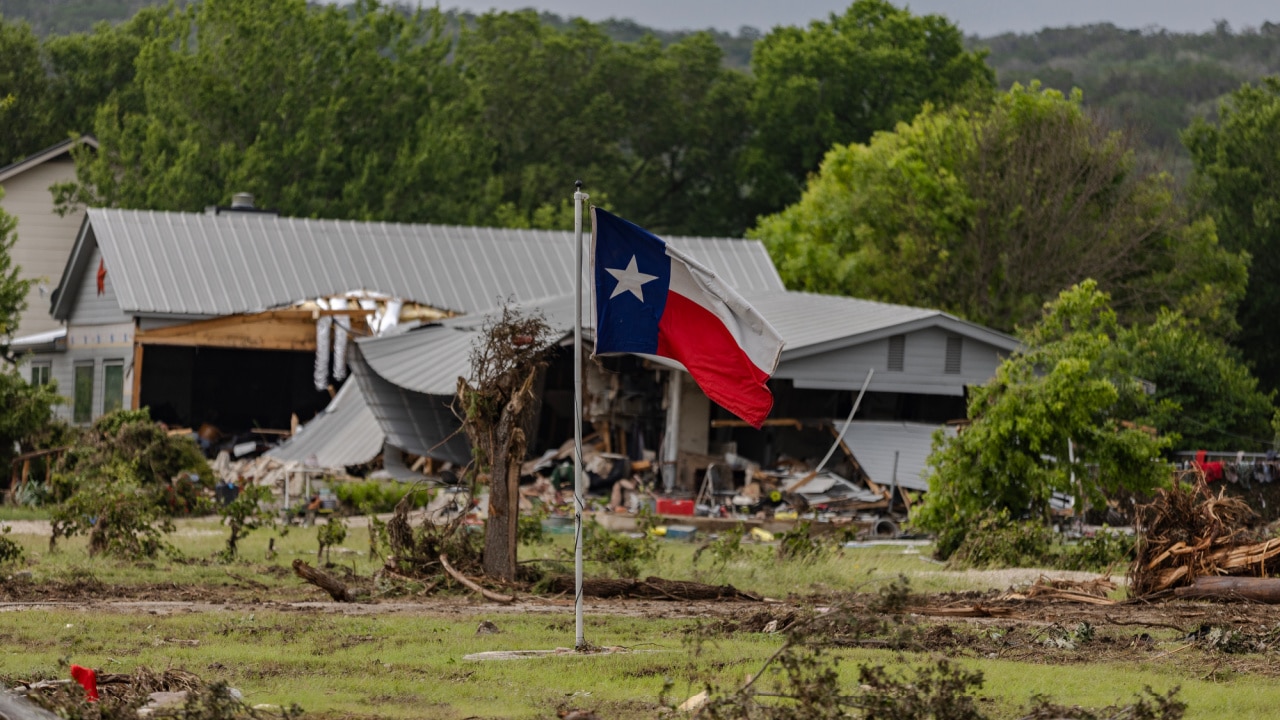New Statistics Show A Sharp Decline In Violent Crimes In Sinaloa, Mexico
Despite reports in recent months concerning violence, Sinaloa officials revealed positive news this week that show a drop in homicide rates. At a press conference on Tuesday, Sinaloa Public Security chief Cristóbal Castañeda Camarillo told reporters that the number of homicides in the Mexican state was down 17 percent last year compared to 2018, 937 murders were recorded in 2019. In comparison to the beginning of the decade, there has been a 58 percent overall drop in homicides, 2,250 in 2010.
According to Mexican officials, these huge declines can be credited to coordination between all three levels of government, state and municipal police forces in Sinaloa and the armed forces. Led by a plan by Governor Quirino Ordaz Coppel’s office, the forces worked together in being part of a “historic decrease” in not only overall homicide rates but taking down a range of other crimes in Sinaloa over the last 10 years.
Homicide rates aren’t the only thing dropping in Sinaloa. Mexican officials say robberies, car thefts, and kidnappings have also seen declines since 2010.
Mexican officials have praised the efforts of authorities that have contributed to these yearly declines in overall violence in Sinaloa since the start of the decade. The numbers show things are moving in the right direction as vehicle theft dropped 55 percent to 4,222 cases last year in comparison to 9,401 cases in 2010. In regards to declines from 2018 and 2019, vehicle theft dropped 28 percent, robberies fell 7 percent to 986 cases and kidnappings decreased by 25 percent to nine cases.
While homicide rates have continued to drop in Sinaloa, there is no doubt that drug cartels still have power in the region. One with the most notoriety is Joaquín ‘El Chapo’ Guzmán’s old cartel group that still wields much power.
These new numbers paint a different picture than what many still believe is a dangerous region. If there was any clearer evidence that shows that it came back in October when the Sinaloa Cartel responded retaliated to an operation to capture Ovidio Guzmán López, the son of notorious drug lord Joaquín “El Chapo” Guzmán. The incident left 13 people dead when the Sinaloa cartel seized control of the northern city of Culiacan in what was a successful effort to force the release of Guzmán’s son.
Iván Archivaldo Guzmán, another one of El Chapo’s son, was behind these efforts to stop the arrest of his brother. Guzmán López was being extradited on a request from Washington when law enforcement was met with an attack from armed cartel members. The incident came to a close when Mexican President Andrés Manuel López Obrador made the decision to release Guzmán López, a move he said was made to save lives.
That decision was widely criticized by many that had pointed to the Mexican government as basically giving in to organized crime, reinforcing the notion that cartels still have much power in the country. While data shows there has been improvement since the days of Guzmán overseeing the day-to-day operations of the Sinaloa Cartel, there is still work to be done.
Many see these new released numbers in a different lens given they were released on the same day that President López Obrador claimed that ‘El Chapo’ once had “the same power” like his predecessors.
On the same day that Castañeda Camarillo’s report was released, President López Obrador made comments that raised some eyebrows. In a video message from the city of Palenque last week, he recapped his administration’s triumphs and some of the continued challenges ahead. He noted that much of the corruption involved from previous administrations was gone.
“There was a time when Guzmán had the same power or had the influence that the then-president had … because there had been a conspiracy and that made it difficult to punish those who committed crimes. That has already become history, gone to the garbage dump of history. That will never occur.” López Obrador said.
But while issues like corruption seem to be fading in Mexico, violence is still prevalent and the number show it. The country is still on track to see nearly 35,000 homicides in 2019, which would break last year’s record of 33,341. While there have been declines in violence in once dangerous states like Sinaloa, there is no denying that Mexico still has a long way to go.




